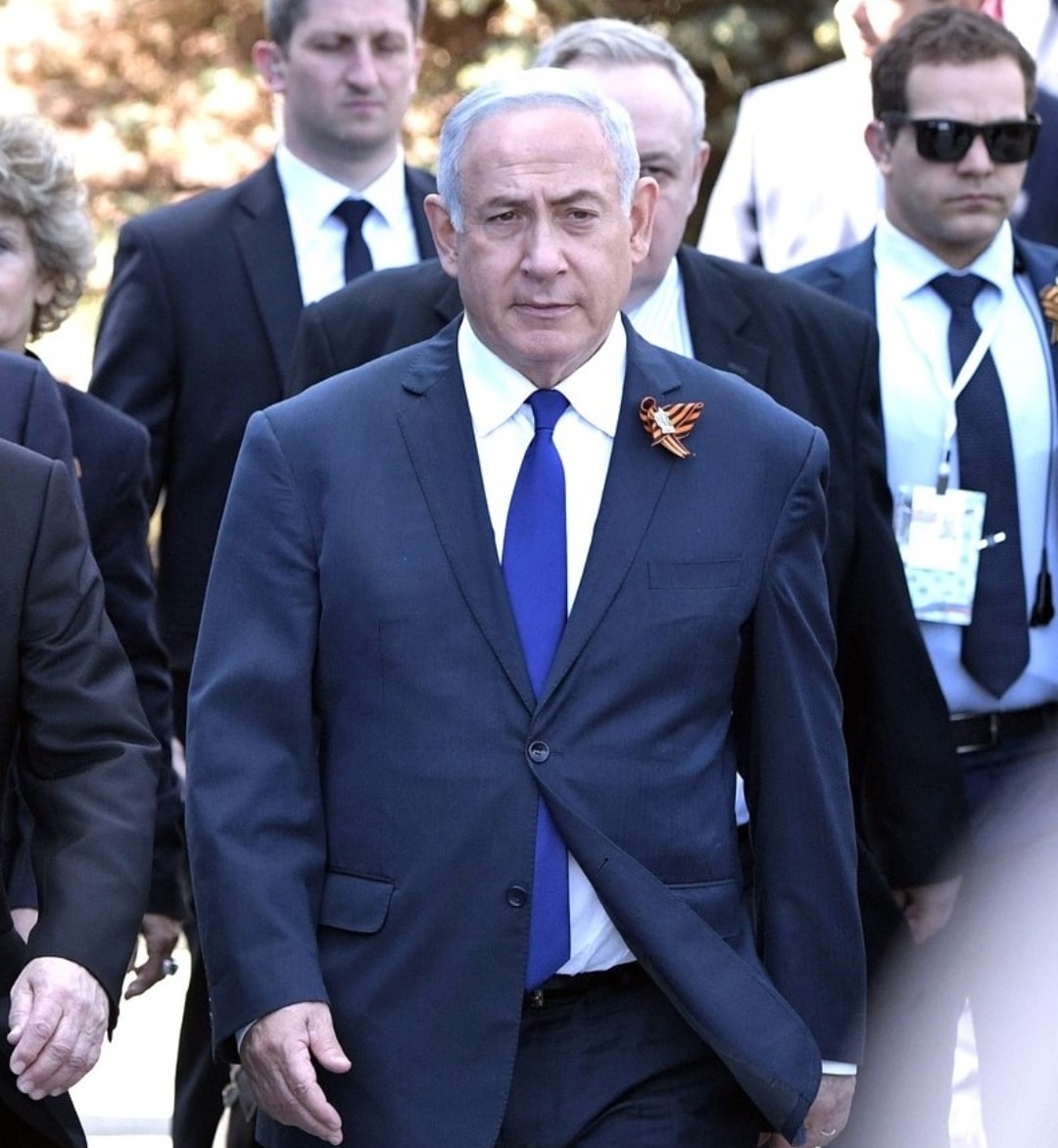The Iron Swords War, which began exactly seven months ago (Hebrew calander), has now reached a strategic crossroad. The details of the situation are only partial to the general public, and certainly more complete for decision-makers; nevertheless, based on the parts of the information we have, we will try to understand what the parties, the considerations and the decisions are.
On the one hand, the negotiations between Israel and Hamas are being held to return the hostages. Egypt became the main mediator for Qatar, which was pushed aside due to distrust from the American-Israeli side. The previous round of negotiations failed after it became clear that Hamas did not have 40 live hostages (at least not in the “humanitarian” category– i.e., not soldiers), and now the negotiations are being carried out on fewer hostages – with Israel taking another step in terms of its readiness for compromise, possibly due to American pressure. At this stage, Hamas is “examining the offer” and the political system is waiting for Sinwar’s answer, with the immediate impact of a deal expected to be a long-term ceasefire, of at least two months.
On the other hand, there is the question of Rafah – the last major Hamas stronghold in the Gaza Strip, and the estimated location of senior Hamas figures, as well as the hostages. After long months of discussion about an operation in Rafah, it seems that in the past two weeks there have been practical preparations in the army for such activity, including the recruitment of reserves, training of forces and the approval of plans, which can lead to the start of the operation in the city in a short time. There is no doubt that the occupation of Rafah is necessary to bring about the desired destruction of Hamas’ military capabilities, but the move encountered widespread international pressure in the fear of harming civilians.
Another consideration hovering above is the question of the situation on the northern front, and the need to return the evacuees to their homes with security (with the goal now being to do so until the beginning of the school year – September 1). This can be done in two ways – military action or agreement and diplomatic pressure. Interestingly, a halt in activity on the Gaza front would likely increase the chances of military activity in the north, while activity in Rafah would increase the chances of a diplomatic solution.
There is not much room for flexibility here – Rafah and the hostage deal are a question of OR, when there is no option for AND (at least not in the coming months). Beyond the practical implications for the conduct in the coming months, the question has immediate political implications for the future of the Netanyahu government – with the Prime Minister in recent days threatened from the right (by Smotrich) and from the left (by Gantz), claiming that making the wrong decision will undermine the government’s right to exist. The only thing that can absolve the leadership from making a strategic decision again will be Sinwar’s stubbornness.
But beyond local politics, and of course the lives of soldiers and hostages, the decision will have huge implications for Israel’s security and political future. The question of Israel’s deterrence with the countries of the region is on the agenda, as is the question of the future of our relations with the moderate Arab states, our relations with the United States, the citizens’ relations with the state and its commitment to their well-being. The coming days will have long-term consequences, and we will never fully know whether the decision that will be made was ‘correct’. But as the philosopher Hegel said about decision-making – the decision is the very choice to become the person who made the decision. We, as a country, must choose to become a country that has made a decision.
To respond – rxpuyhi@gmail.com







